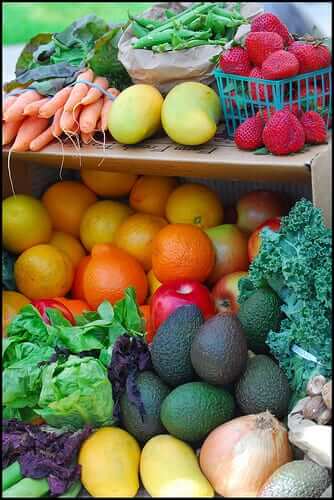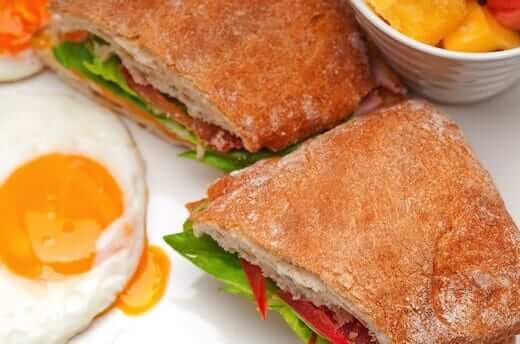What are the best foods for teething?
Babies experience a lot of discomfort when they grow their first set of teeth and this can make finding the right foods for teething difficult for parents. Fortunately, teething babies are willing to chew on just about anything and will be willing to accept foods that can ease their symptoms. In fact, giving your child…
This post may contain affiliate links. Please read our disclosure policy.
Babies experience a lot of discomfort when they grow their first set of teeth and this can make finding the right foods for teething difficult for parents. Fortunately, teething babies are willing to chew on just about anything and will be willing to accept foods that can ease their symptoms. In fact, giving your child foods that reduce pain, swelling or itchiness can be a great alternative to over the counter medication. You get to curb hunger while relieving symptoms with little to no side effects.
When does teething occur?
Children begin growing milk teeth, also known as baby teeth, from the time they are only a few months old and continues until they are about two. A complete set consists of 20 teeth and fall out to be replaced by permanent teeth from the age of six or seven.
What are the symptoms of teething?
The appearance of baby teeth can cause redness on the cheeks, swelling of the gums, pain, discomfort, itchiness, difficulty sleeping, agitation, restlessness, poor appetite, fever, mood changes and dribbling. Babies also tend to chew on objects like toys and utensils to manage the sensations in the gums. This is why it is important to feed them foods for teething.
What are the best foods for teething?
It’s important to give your baby hard foods to chew on like carrots, bread crusts, bread sticks and crackers. Monitor your child closely when feeding him or her foods because they can easily turn into choking hazards.
Apart from hard foods, try serving meals and treats as chilled as possible. Cold food helps with pain, discomfort, inflammation and itching in the gums. Leave purees a little longer in the fridge before mealtime and the cold temperature on the gums will calm your baby down. Fruit juices and yoghurts should also be served cold. It is not advisable to feed your baby ice cubes or icicles as these could be too cold for sensitive, developing teeth and gums. Instead, soak utensils, chew toys and pacifiers in ice.
What are the worst foods for teething?
Food served warm can further aggravate the swelling and pain. Since loss of appetite is a possible symptom, feeding your baby warm foods can cause him or her to eat even less. Many parents also assume that making food sweeter will serve as a temporary distraction from discomfort, but the opposite is the case. Avoid feeding your child sugary treats, even those that may seem healthy like honey. Sugar causes teeth decay and might result in teeth falling out sooner than they should.
As soon as you confirm with your physician that your baby is teething, stop bottle or breast feeding. The sucking motion only directs blood to the areas that are swollen and might cause more pain, swelling and discomfort.
Are there other solutions to teething?
Foods for teething are the most affordable way to relieve your baby of symptoms but you can try other methods like chewing toys, teething amber necklaces, gels and medication.


Leave a Comment